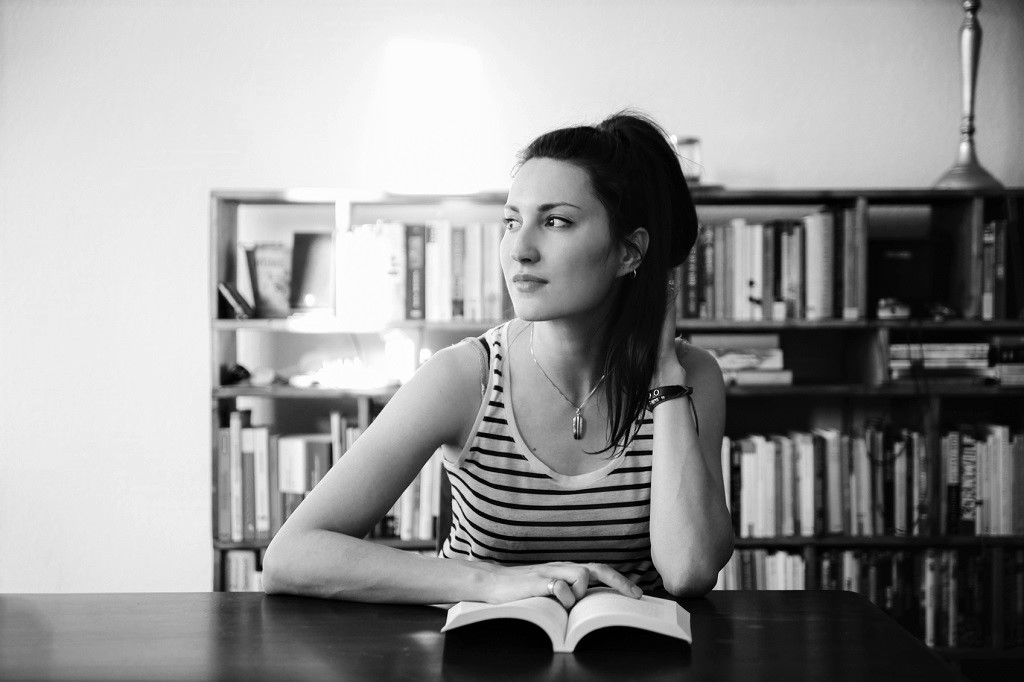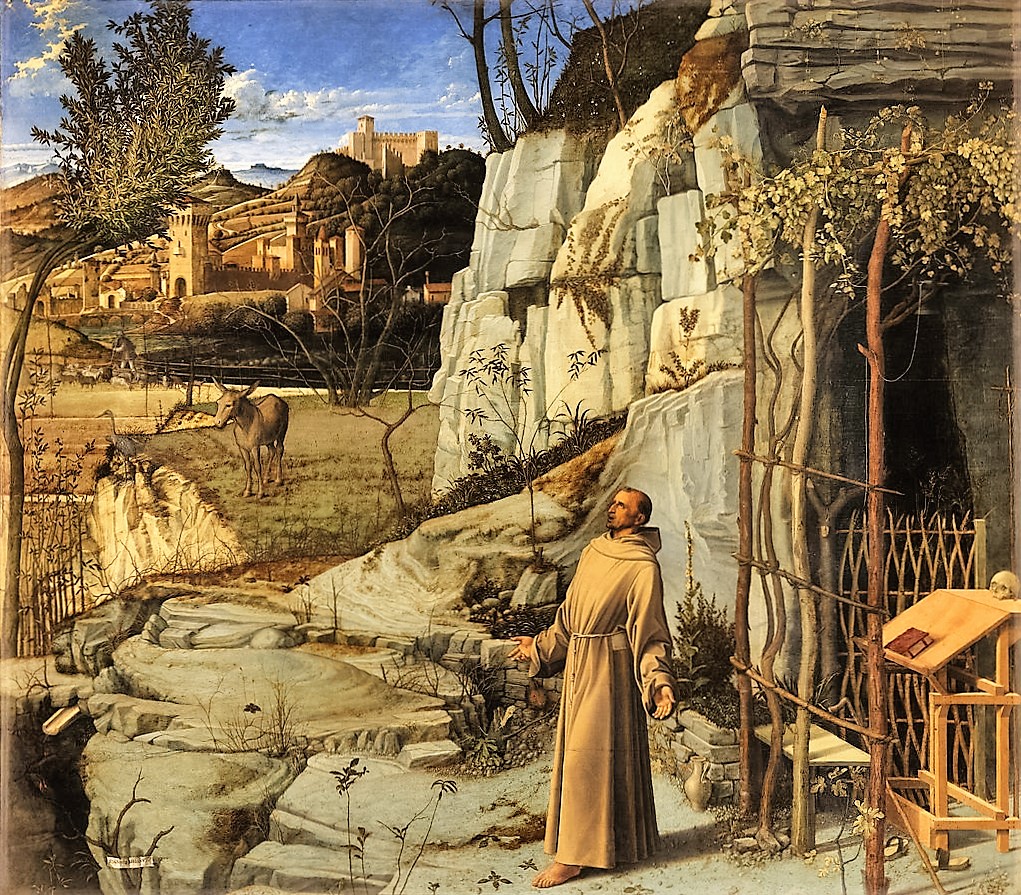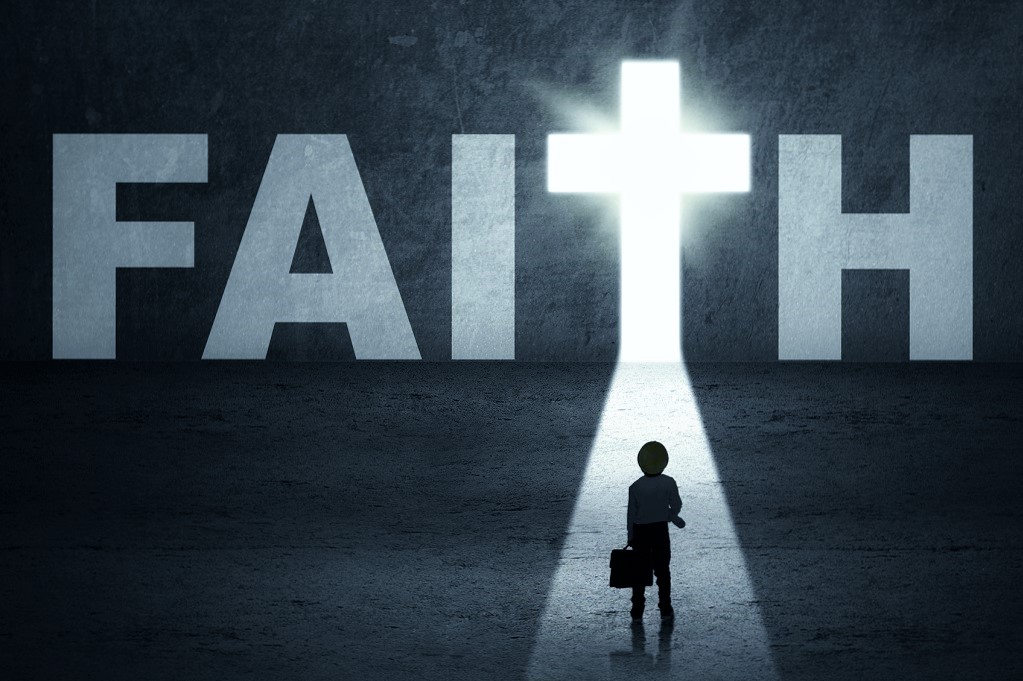Advent is a great time to focus on Catholic traditions for the home, and also a great time to work on your own spiritual development. Many parishes offer special prayer services, Scripture studies and talks. We know how easy it is to get caught up in the commercialism that surrounds this time of year, and the busy-ness many of us feel as check things off our Christmas lists. Advent is the perfect time to treat yourself to some spiritual reading and to nourish the soul. Here are 5 suggestions:
- The Bad Catholic’s Guide to the Seven Deadly Sins, John Zmirak, author. If you haven’t ever read Zmirak, you’re in for a treat. His sense of humor blasts through every page of the Bad Catholic’s series and will have you laughing out loud. However, Zmirak is not “lite” on catechetics. He takes the teachings of the Church seriously and you’ll learn fabulous things about our faith.
- Tears of God, Fr. Benedict Groeschel, author. For many people, the holidays are very difficult. The loss of loved ones, personal illness, loneliness: all of these can make the “happiest time of year” very bleak. This little gem of a book by Fr. Benedict Groeschel addresses how life’s difficulties are not inconsequential to Our Lord. For those crying out, “Lord, where are you? Why has this happened to me, to my family?” this book is balm for the soul.
- Parched, Heather King, author. Heather King bares her soul in this memoir. King, a Catholic and an alcoholic, recalls her family’s tepid faith and her chaotic childhood. As an adult, her alcoholism cost her nearly everything and drove her to her knees. King’s writing is both eloquent and utterly humble. Even if you do not suffer from substance abuse yourself, Parched is ultimately about the search for God, that unquenchable thirst we all share.
- How to be Holy: First Steps in Becoming A Saint, Peter Kreeft, author. Kreeft is a convert to Catholicism, having been raised a staunch Calvinist. He now teaches philosophy at Boston College. Philosophers can sometimes be daunting to read, but Kreeft has a gift for making heady thoughts manageable. In this book, he reminds us that each of us shares exactly the same destiny: to be a saint. However, we must choose this. So just how does one become a saint? Check out this book and see.
- Seeds of the Word, Bishop Robert Barron, author. Bishop Barron, known for his wildly popular “Word On Fire” videos and website, knows that God can show up in the most unexpected places. How can we find God in our culture, especially in a time when our culture is in such upheaval? Barron explores popular media (primarily movies) to show us that since all Truth is of God, then God is in Coen Brothers movies, “True Grit,” “The Giver” and a host of other pop culture offerings. Who knows? Maybe this book will spur you to a reading AND a movie expedition for Advent.
Finally, here is a book the whole family can enjoy together: Saint Francis Celebrates Christmas, Mary Caswell Walsh, author and Helen Caswell, illustrator. This incredibly charming children’s book tells the story of how St. Francis of Assisi brought the birth of Christ to life in order to deepen the faith of the people he served. Out of this grew the tradition of the Nativity set, which so many of us set up in our home for Christmas. With its charming illustrations and touching story, this will surely become a family holiday favorite.
When preparing for Advent, keep in mind this quote from St. Jerome: When we pray we speak to God; but when we read, God speaks to us.


